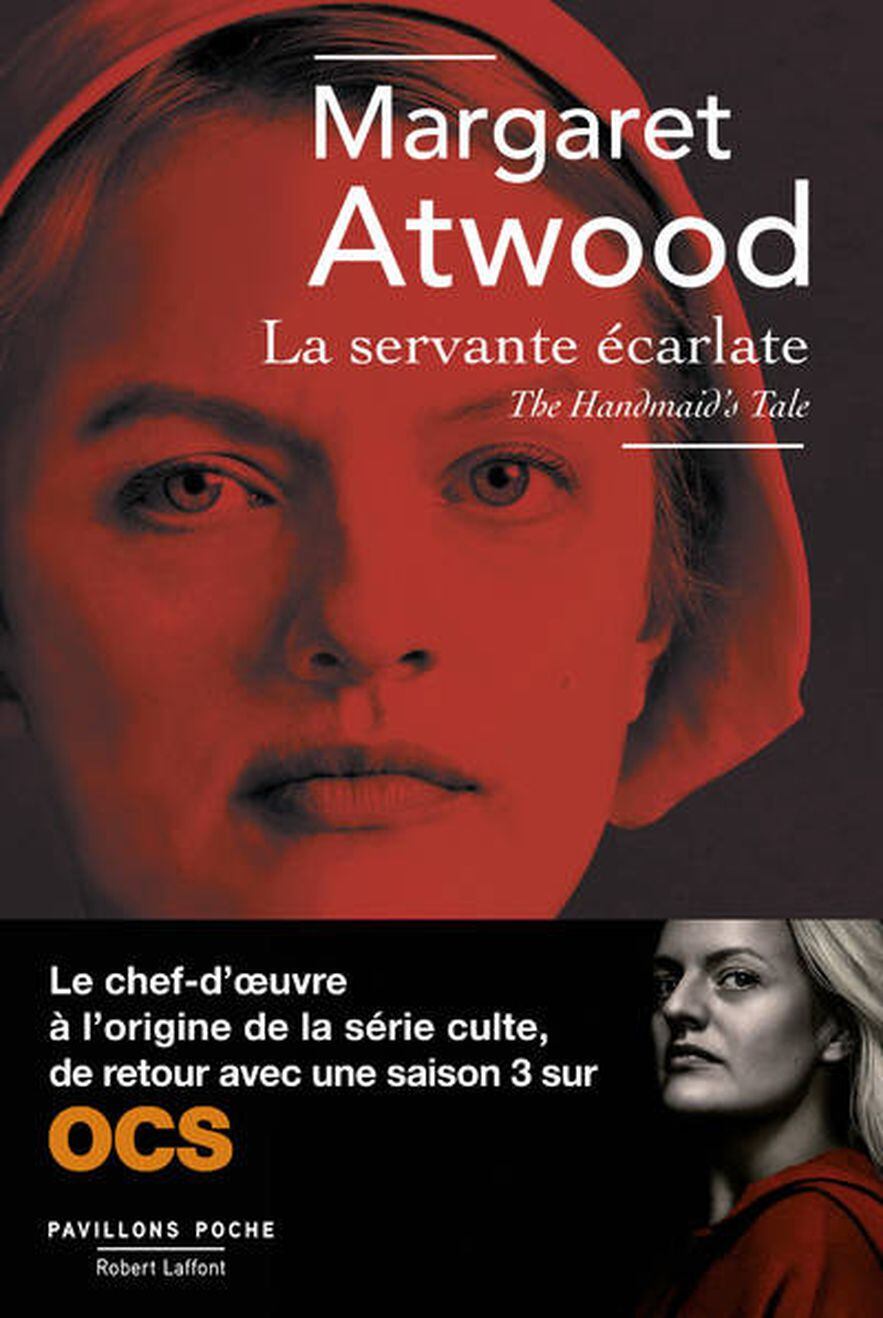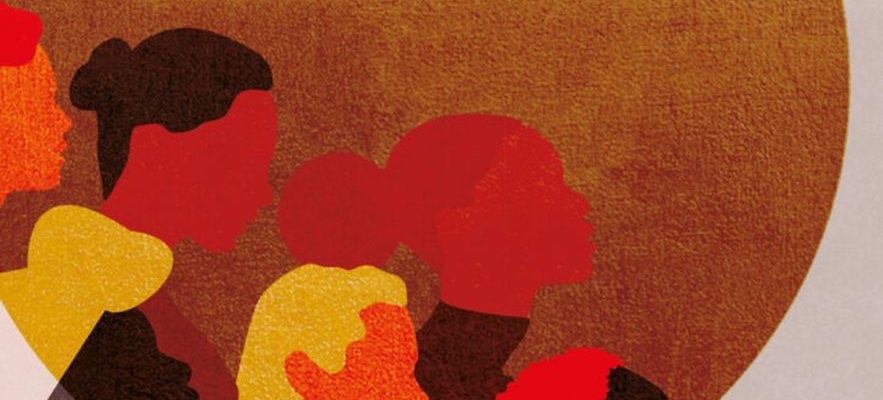HUMANITY-WOMAN, by Joanna Russ (1975)
On the planet Lointemps, there are no more men. An epidemic killed them all. But the women survived and managed to have children on their own. Coming from this future without men, one of them arrived in the United States in the 1970s and discovered heteropatriarchy like Usbek the Persian discovered the France of Louis XIV in the Persian letters.
Scientist, lesbian, feminist activist and author of science fiction (rare: only six novels and short stories…), Joanna Russ launched with Humanity-Woman (already released in 1975 under the title The Other Half of Man) a huge stone in the pond of a rather virile kind. The complex structure of the book, which involves other characters from other universes, allows Joanna Russ to go beyond easy satire, even if her caustic humor works wonders, and to introduce real reflection on the place of women in our societies. Founding in its time, this novel finds its relevance at a time of current debates around gender.
Founding in its time, this novel by Joanna Russ finds its relevance at a time of current debates around gender.
© / Editions Mnémos
Translated from English by Henry-Luc Planchat, Mnémos, 267 p, €20.50.
THE GREEN GODS, by Nathalie Henneberg (1961)
It is less her novel, which is an excellent fantasy, than her story which has earned Nathalie Henneberg a place in this list. Born in Georgia in 1910 and died in 1977 in Paris, she was from 1937 to 1959, the date of the death of her husband Charles, the discreet wife of a science fiction author whose “space operas” like The Birth of the Gods Or The Song of the Astronauts featured superheroes in mythological contexts. When Charles died, Nathalie took up the torch and published books signed with both their names, then with her name alone, giving her masterpiece in 1964, The wound. Today it seems certain that all of Charles’ books were written by her and that their publishers advised the couple to keep only this virile label. The same mishap happened to Anne Golon, creator of the series Angelicforced for editorial reasons to add the name of her husband Serge to hers.
THE LEFT HAND OF THE NIGHT, by Ursula Le Guin (1969)
An Earth diplomat, Genly Aï, finds himself on a mission on a planet, Gethen, whose inhabitants are asexual except when, once a month, a “hormonal surge” causes them to become either male or female. Forced to travel with one of its inhabitants, Genly will discover another type of relationship through this genderless society. We can only transform others if we first accept to be transformed by them, Ursula Le Guin essentially tells us. Far from any direct activism, unlike Russ, she invites us to look beyond differences to rediscover a certain essence of love. The subtlety of the writing, the finesse of the characters and the epic breath that runs through the icy world of Gethen make this novel, which has become a classic, one of its author’s greatest masterpieces.
Translated from English by Jean Bailhache, The Pocket Book, 333 p, €8.90.
THE SCARLET SERVANT, by Margaret Atwood (1985)
Gilead is a woman’s worst nightmare. In this very religious world, they only have the right to serve men and offer them children, which have become very rare because of pollution. One of them, Offred (name which marks her belonging to her master), recounts her life as a servant and her relationships with her owner and his wife. A chilling painting of a purely patriarchal world, this dystopia, which has sold eight million copies since its release, has established itself as a response to Aldous Huxley (The best of worlds) and George Orwell (1984). Quickly, Atwood broadened her feminist message to the global denunciation of systems of power. A film by Volker Schlöndorff then a series which, after an exciting first season, exhausts itself by repeating the same figures, have restored fame to this novel to which its author gave a sequel, The Wills in 2019.

A chilling painting of a purely patriarchal world, this dystopia by Margaret Atwood has sold eight million copies.
© / Pocket Flags
Translated from English by Michèle Albaret-Maatsch, Pavillons pocket, 544 p, €12.50.
POLLEN, by Joëlle Wintrebert (2002)
On the planet Pollen, women outnumber men. And this is intentional: children are born in vats, we manage so that there are always two women for every man. Boys are then excluded from government bodies, used as sexual objects and are only represented by advisors with no real power. The violent men are exiled to a planet, Shield, where they live in a “traditional” way and ensure the defense of Pollen.
With mischief, Joëlle Wintrebert reverses the relationships between the sexes. But she doesn’t stick to satire. Because the revolt is brewing and, even for good reasons, a society cannot live by marginalizing a third of its population. The fable then changes meaning and, from feminist, becomes universal. A tour de force that brings back to back all sexisms, by one of the leaders of the French imagination.
The Devil’s Pockets, 320 p, €9.
.
